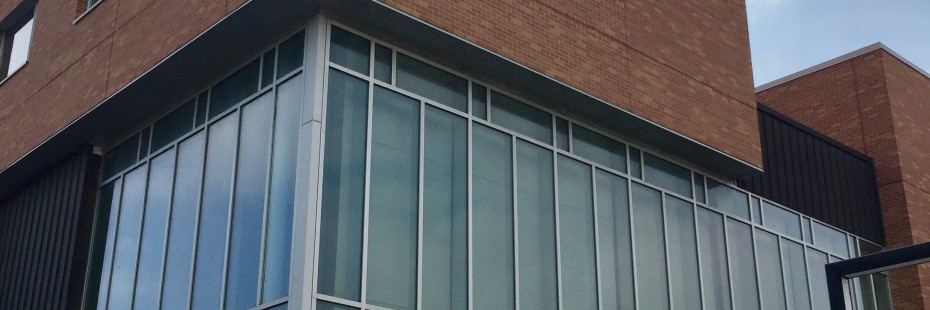Sustainability education and literacy encourages every human being to acquire the knowledge, skills, attitudes and values necessary to build a society that lives in harmony with its physical and non-human environment.
It means including key sustainable development issues into teaching and learning, including but not limited to:
- climate change
- disaster risk reduction
- biodiversity
- poverty reduction
- sustainable consumption
- social justice and equity
- responsible investing and economic growth
- sustainable cities, infrastructure and transportation
It also encourages experiential teaching and learning methods that permit students to acquire valuable knowledge by engaging in specific hands-on project and using this knowledge to advance new solutions. Sustainable education requires creativity and critical thinking skills to tackle current problems, imagine a better future, and bring about the change.
The Sustainability Research Guide, created in 2026 with Leddy Library, aligns with Priority Area 1 of the Campus Sustainability Framework, and was designed to support students in exploring the complex and interdisciplinary field of sustainability. Students can use this living inventory to find tools and resources to locate reliable, scholarly information (academic and government databases, peer-reviewed journals, books and e-books along with NGO reports, Open access documents and Indigenous resources). Some journals have also been sorted through the lens of the UN SDGs.
Visit the following pages to learn more:
Research and Academic Programs
List of Sustainability Courses
Tips for Teaching Sustainability
Campus Sustainability Literacy and Cultural Assessment 2024: Approximately 1,600 staff, faculty and students completed the assessment in March 2024. Summary of results (coming soon).

